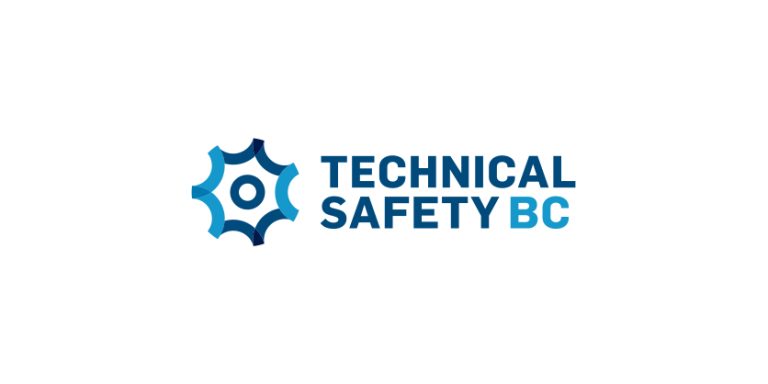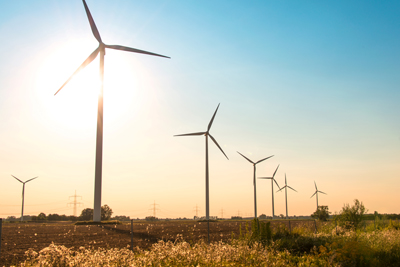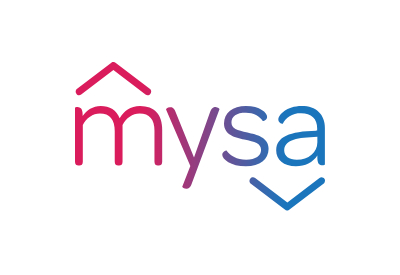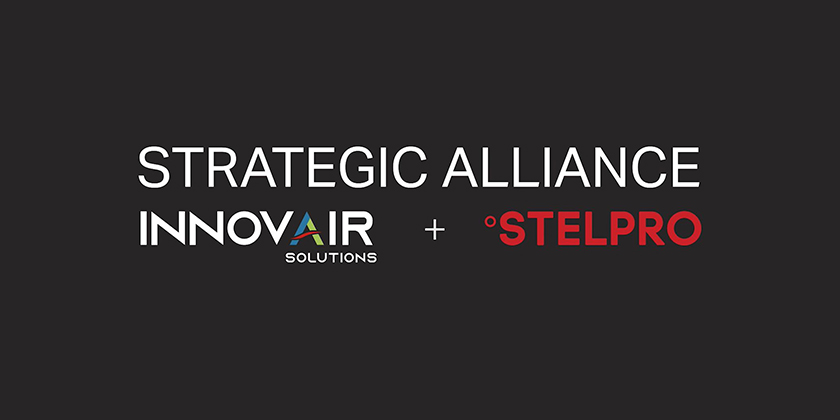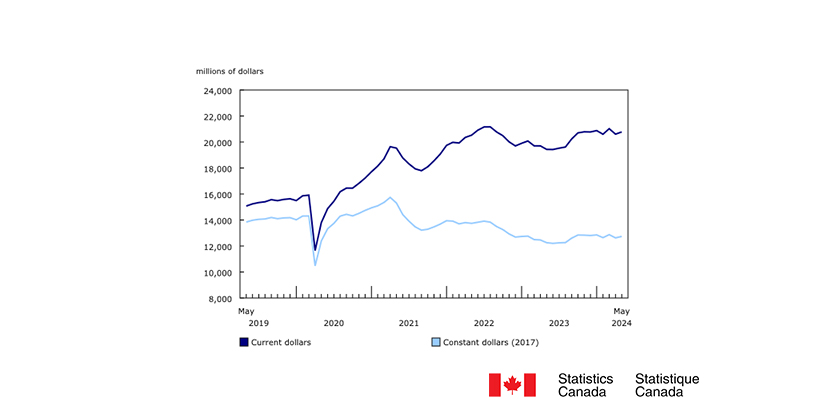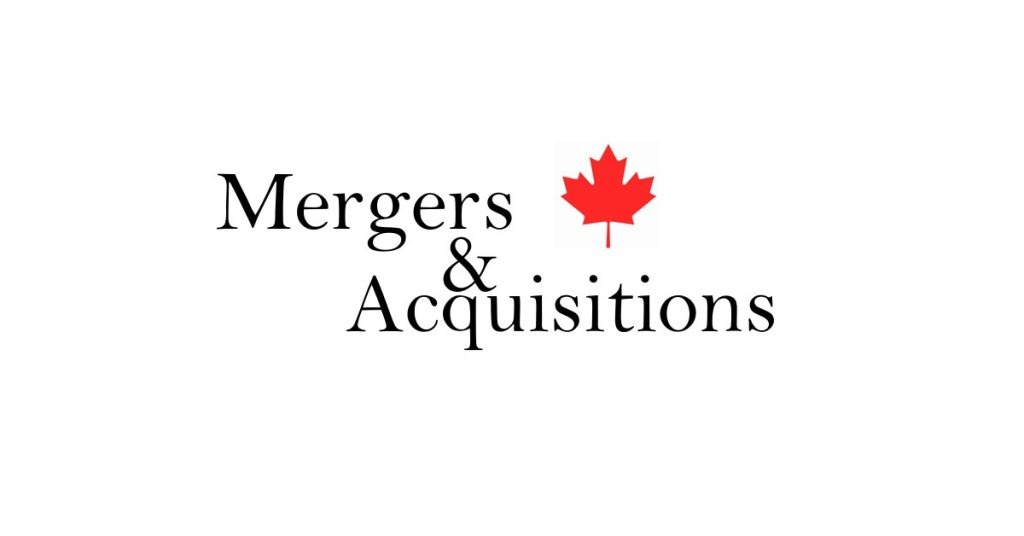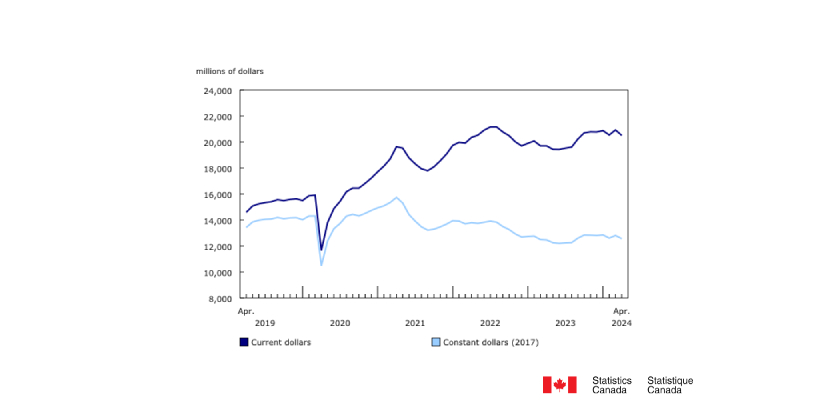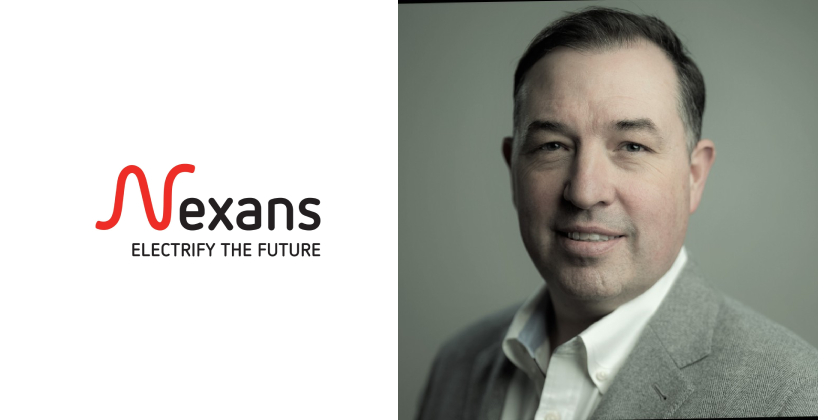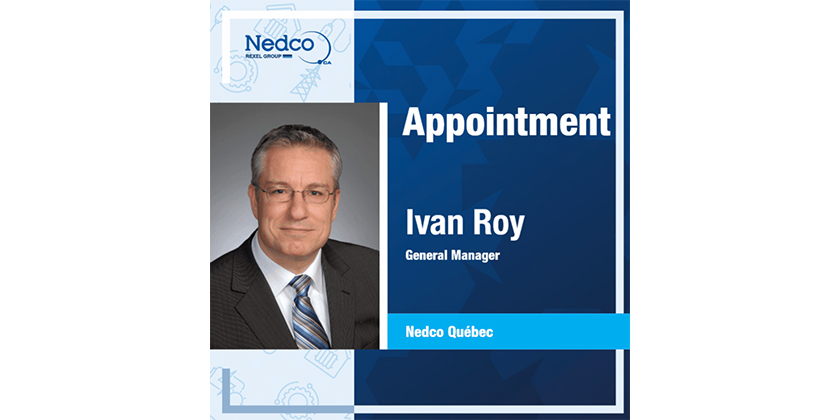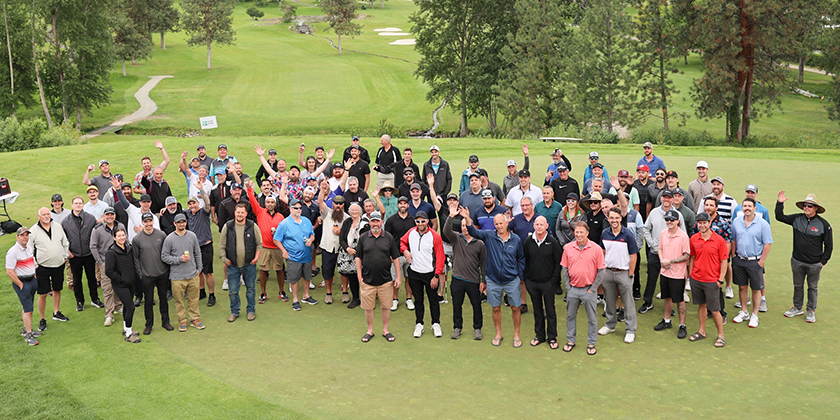From Innocence to Insight
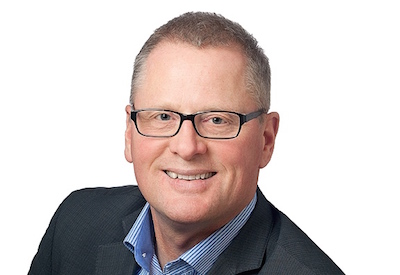
Feb 1, 2021
By Keith Sones
There’s something nostalgic about the innocence of youth that makes childhood feel, through the blurry lens of retrospect that comes with decades passing, better than it probably was. It’s easy and more enjoyable to forget about the drudgery of daily chores, the slivers in the finger from digging through piles of abandoned wood in a quest to build a fort in the woods, or just being frightfully cold on a winter’s night. Once those annoyances are scrubbed from the memory banks, life looks pretty good.
In the small northern town where I grew up, Alan and Earl lived across the alley from me. John and Gerry also lived in the neighbourhood, a few houses up the street from my family’s small rented bungalow. At various times we all played, biked and ran together, having fun and doing a lot of the stupid (and in hindsight dangerous) things that kids in the early 1970s sometimes did.
On the hill about a block away, ominously named “Devil’s Dip,” we had informal contests to see who could dodge the elevated manhole that was situated halfway down the rollercoaster-like slope. Summer meant a rickety bike was the steed of choice, whereas winter forced the use of cardboard; on occasion we slid really fast when some other kid brought an actual toboggan that allowed for a bit of steering. Dumb as it was to risk our wellbeing, the memories of those days are fond, filled with friends. It wasn’t until later I realized others saw our small group as… different. The fact that Alan and Earl had a different colour of skin was lost on me. At the time I didn’t even know they were from a Métis (heritage of Cree and French) family. They were just my friends.
A few years later my family moved to a different part of town and I lost touch with my buddies from across the alley, at least on a daily basis. As an 11-year-old growing boy, I was into all things pre-teen. Mixed in with going to school, it was baseball, bike riding and trying to make a few dollars each month delivering newspapers that consumed my time. In other words, I was a typical kid, at least in my eyes.
One cold day in December, I was delivering papers on my bike (yes, it was a 12-month mode of transportation even in the thick of a Canadian winter). It was slow going on the ice and dusk had fallen before I was finished my route. Working my way along, I saw three kids a bit older than me heading my way. I knew them from school, mostly by their reputation as troublemakers. Spidey senses on full alert and not wanting to be hassled, I kept my head down and tried not to be noticed, but fate was not on my side that evening. Within minutes I was on the ground, roughed up, the newspaper money I’d been collecting gone. A bad night to be sure.
The next day in school, still shaken from what had happened and hoping I didn’t run across my adversaries, I told a friend of mine about being accosted. He reacted with the righteous indignation I’d been secretly hoping he’d offer as solace, but added an unexpected ingredient. Two of the perpetrators had been Caucasian and he expressed his shock and anger with them. The third was a young Métis teenager, and he was described by my schoolmate as inhuman and dirty, along with some other derogatory names I won’t repeat. While I’d heard the racist epithets before, on the schoolyard or in town, it hadn’t occurred to me that someone close to me thought like that. It felt strange, out of order. Like I was someone else.
Dark personal change can be insidious; it sneaks up on us like a thief in the night and we accept it without even knowing it’s happening. The months and years passed and I heard similar language used many times, to the point where I became numb to it, even accepted it as normal, as okay. To the point where I used it myself, trying to act tough and cool in that little town. It became part of my lexicon and I became a different person, mentally putting people into classifications based on colour, gender, age, national origin, etc. Of course I didn’t think of it in those terms, I just did it. I labelled people based on everything except what I knew about them as people, as fellow human beings. Which in most cases was almost nothing.
Except when I ran across Alan and Earl. The only label my brain affixed to them was friend. It was a weird but welcome anomaly.
As I aged, moving through my 20s and into my early 30s and moving away from that small town, I gained more worldly experience and got to know a variety of people. The mental labelling I applied became softer but in all honesty didn’t stop. While studying (okay, as a freshman that term should be taken with a grain of salt) at the University of Victoria, I met a fellow student whose parents had emigrated from India, although he was born a few hundred miles away from my birthplace and was as Canadian as I. We became good friends and over time I noticed his habit of regularly joking about his colour and family origin. One night after a few beers in the dorm, I asked him why he did it, why he put himself down. He was a guy who always had a laugh, but in this moment he was solemn. “Look Keith,” he said quietly. “They’re gonna see me as an Indian, not as me, so I figure I’ll beat ’em to it and get all the jokes out of the way. I’ve heard more than they have anyway.” His face brightened as he slipped his protective mask on again, patted me on the shoulder and said lightly, “That’s how I survive it all bro!”
Surviving. His words, not mine. Running yourself down before someone else can. What a harsh way to live, and yet he seemed happy and successful, always the life of the party. I thought long and hard about what he said and slowly began to realize that there could be an entire side of people that was invisible to someone like me. A white man. Something catalyzed in me that night. I started looking for the invisible part of people.
Education, the kind that flows less from books and more from living, is bumpy and doesn’t always arrive neatly packaged or when it’s expected. I didn’t have any overnight epiphanies, but there were signposts, and the more I looked the more they appeared. Some came through work whereas others presented themselves almost randomly. During the course of a project I was managing in the mid-2000s, I stopped to fill my truck at a First Nations reserve gas station. Idly glancing up to kill time as the tank filled, I was struck by a sign emblazoned across the side of the station wall, stating simply “Indians Have Always Worked for a Living.” Years ago, I would have accepted it purely as a statement borne of pride and industriousness, and I had no doubt that was a primary driver. However, I also suspected that there was an unwritten subtext that went something like “because too many people think we don’t work hard.”
The signposts got brighter and more plentiful as I intentionally looked. Sitting in the Band office on another northern reserve, one of the councillors looked out the window as a truck, designed for utility tree trimming, drove by, generating a cloud of dust. With a look that was equal parts query and mournfulness, he looked at me and asked, “I don’t even know how to start to find out how one gets that kind of job. They drive by every day and we’re right here, and our youth want jobs.” As if the community members were invisible to the truck driver.
Over those same years I had the opportunity to speak with several women who were uncomfortable or downright fearful of some men that worked around them. They felt objectified, sometimes harassed, not taken seriously. Their emotions ranged from anger to fear to acceptance. Having to live with these feelings wasn’t something that had crossed my mind since it had never happened to me. But with so many delivered stories about bad behaviour, the issue became impossible to ignore. The truth was rampant and obvious, and for so long I’d been completely oblivious, their situation and pain being invisible to me because I didn’t look for it. Not even a little bit.
In my late 40s I reached a point where I became offended by the conduct of those who could be as crass as to put someone down or treat them differently and unfairly because of their skin colour, or gender, or sexual orientation, or anything else that wasn’t a reason. I caught myself moralizing to myself and others, telling the audience that it wasn’t right and that the offenders were all terrible people. I helped who I could, fired a confirmed sexual harasser, was as friendly as possible to as many diverse people as I could. When a friend came out to my wife and myself, I took it as a badge of honour, a demonstration of my compassion and worldliness. I couldn’t figure out how anyone could be so ignorant as to hold views different than mine.
Not yet finalized, my education continued, and once again it came in an unexpected way. There was no jarring moment and no one pushed words of wisdom at me; the lesson came in the silence as I drove along a highway. It just flowed into me as though the idea had been sitting on my shoulder all along, waiting for the right time to have a quiet word with me. Of course I knew how people can become so intolerant, judgmental, racist and misogynistic. Because that’s who I’d been.
As a young person who wanted to be part of the crowd, I didn’t pay attention to the crowd I’d signed up to be part of. I went from a young, well meaning, compassionate person and transitioned into someone who accepted that treating a person harshly and disrespectfully solely because of their ethnic background was just fine. If someone had called me out back then, my sincere response would likely have been one of shock, being offended that someone could ever see me that way. But they’d have been right.
I won’t attempt to be political or “woke” on these pages — this isn’t that article. But when I look at a person, do I see colour and gender and disability and height and any other attribute that makes them different than me? You bet I do. I see people, many people who have had to put up with a lot and have thrived anyway. I recognize for many it was painful and at a minimum caused them to climb hurdles that were put there as a result of the ignorance and willful blindness of others. They are tough and strong. They might not see themselves that way but each person that has travelled a path littered with sideways glances, jeers and leers, outright discrimination or felt like they were invisible, you have strength. Thank you for showing me what was in front of me the whole time and allowing me the decades of time to see you.
You have my deepest respect.
Keith Sones is Executive Vice President, Strategy and Business Development, The Valard Group of Companies.



